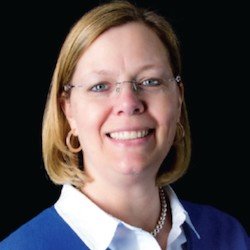Dr. Hinnant-Crawford struck me with her challenge to examine process in a recent episode of the HTH Unboxed podcast,, “…we think about the outcomes of improvement and making sure we have an equity or justice centered outcome. But also, how do we make sure we have an equity and justice centered process?” She reminds us that it might be a lot easier to look at data to discover inequities, whereas looking in the mirror may be more difficult, as one may not want to see how they are perpetuating injustices or oppressions with processes that leave out the voices of others. While looking at data is a key component, only looking at the data omits other variables, including the extreme importance of others’ voices as a critical component in improvement science.
Dr. Hinnant-Crawford’s work connects directly to CLEE’s improvement process,echoing these sentiments with the same sense of urgency. CLEE’s Continuous Improvement Process works to support leaders, educators, youth, families and community members by collaboratively looking at student learning data to uncover and identify inequities. Using a team approach to move into continuous improvement cycles builds understanding that small changes can lead to bigger, more meaningful and systemic changes. This collaborative process includes the collective wisdom, voices, and ideas of each team member as equal contributors to the process improvement science.
Janet Lyons, CLEE Continuous Improvement Facilitator and Coach
Hinnant-Crawford mentions a tool that is similar to CLEE structures and tools that drive equitable processes, guiding educators to think expansively about continuous improvement, and act courageously toward increasing equity.


